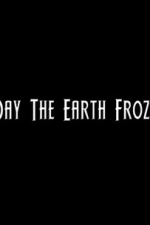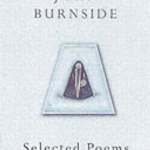
Selected Poems
Book
Over seventeen years and nine collections, John Burnside has built - in the words of Bernard...
The Stranger's Child: Picador Classic
Book
With an introduction by Anthony Quinn In the late summer of 1913, George Sawle brings his Cambridge...
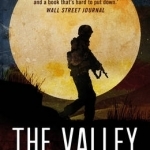
The Valley
Book
'You're going up the Valley' Lieutenant Black doesn't even know its proper name. But he knows about...
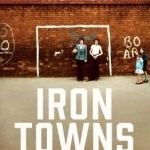
Iron Towns
Book
Twenty years ago, Liam Corwen and Dee Dee Ahmed were on the cusp of a better future, Liam as a...

Understanding Alzheimer's Disease & Other Dementias
Book
Dementia is a term used to describe any condition where a variety of different brain functions such...
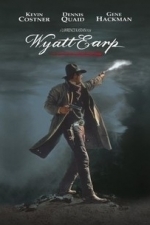
Wyatt Earp (1994)
Movie Watch
Kevin Costner plays the most famous lawman ever to stride the Wild West. In a gritty, complex...
Kevin Murphy recommended The Day the Earth Froze (Sampo) (1959) in Movies (curated)
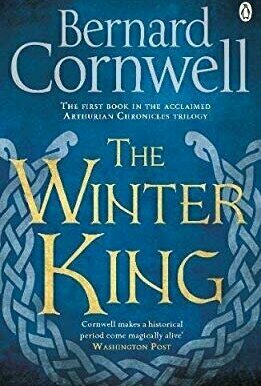
The Winter King
Book
From bestselling author Bernard Cornwell, comes a brilliant retelling of the Arthurian legend,...
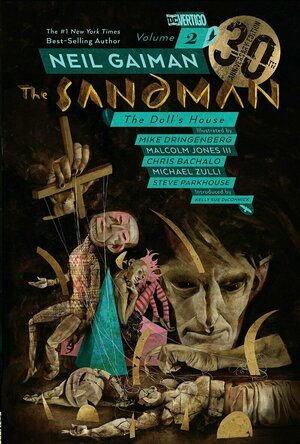
The Sandman (Audible Original #1)
Book
Torn from his realm, The Sandman - Morpheus, the immortal king of dreams, stories and the...
Not for children! Horror Urban Fantasy Mythology Magic Audiobook
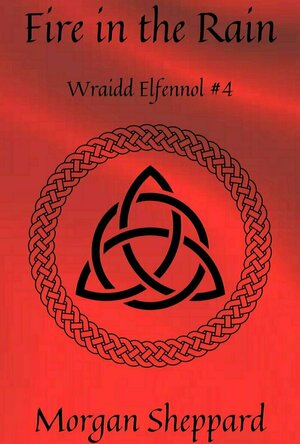
Fire in the Rain (Wraidd Elfennol #4)
Book
Fire in the Rain finds trouble once more in the island of Wraidd Elfennol. One of the Water...
Epic Fantasy Myth_and_Magic

